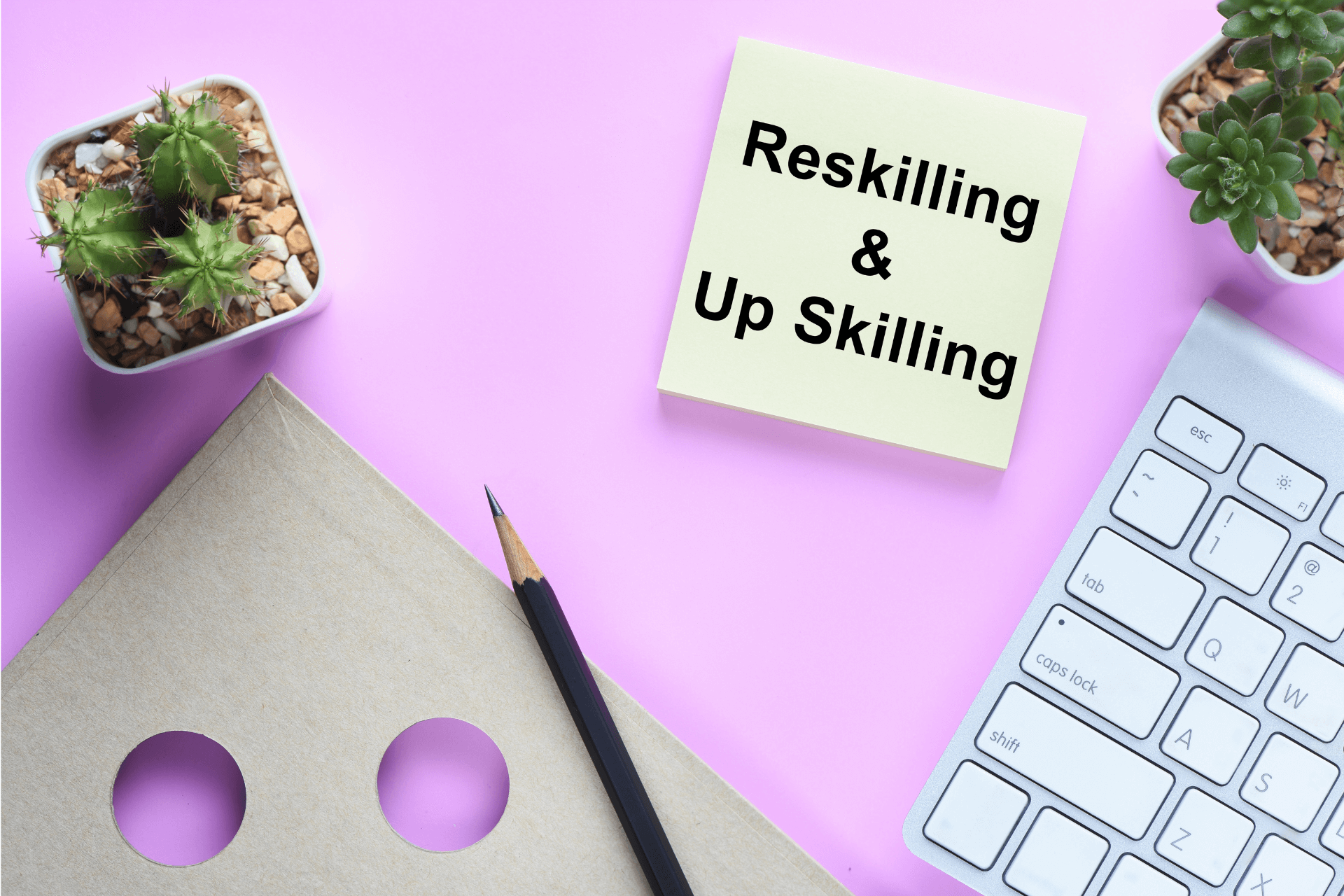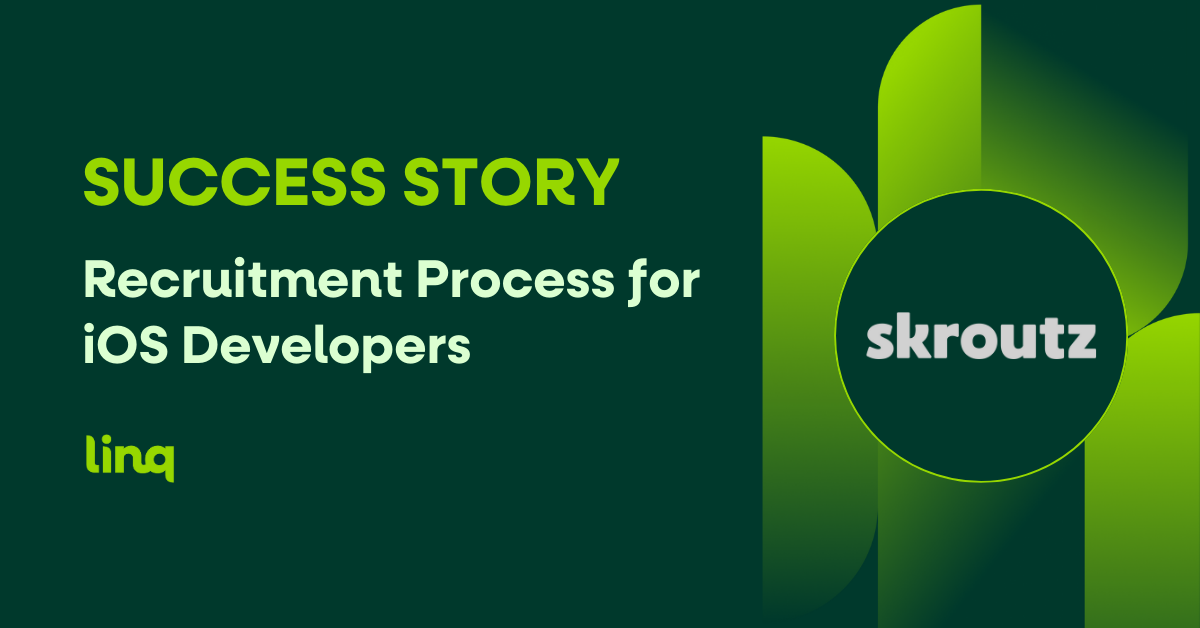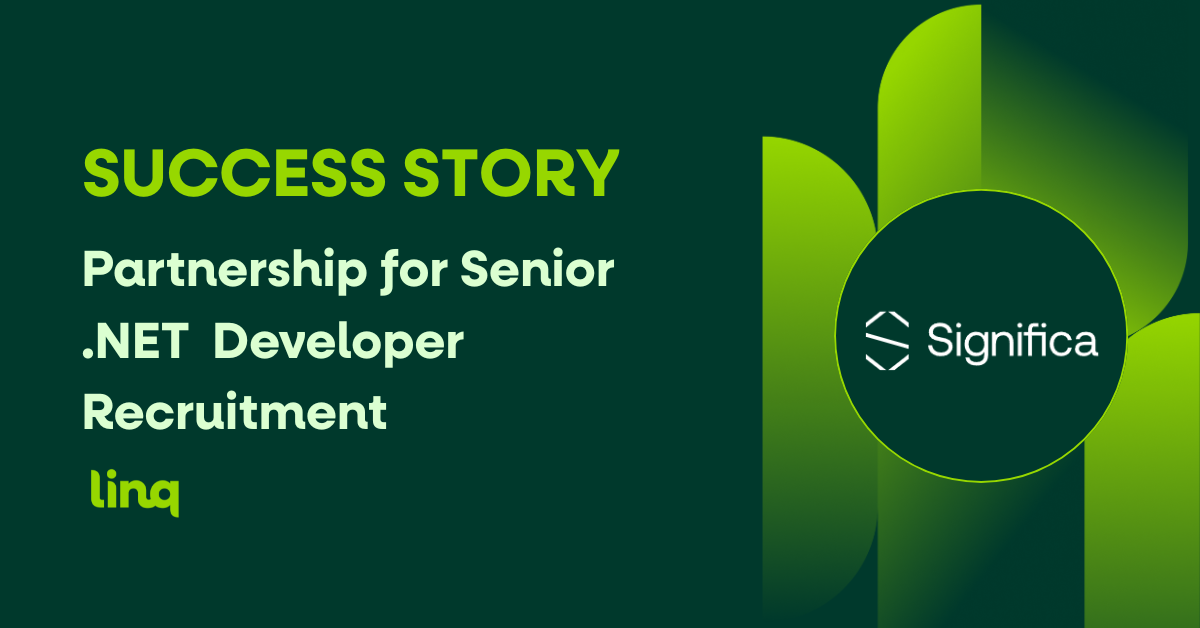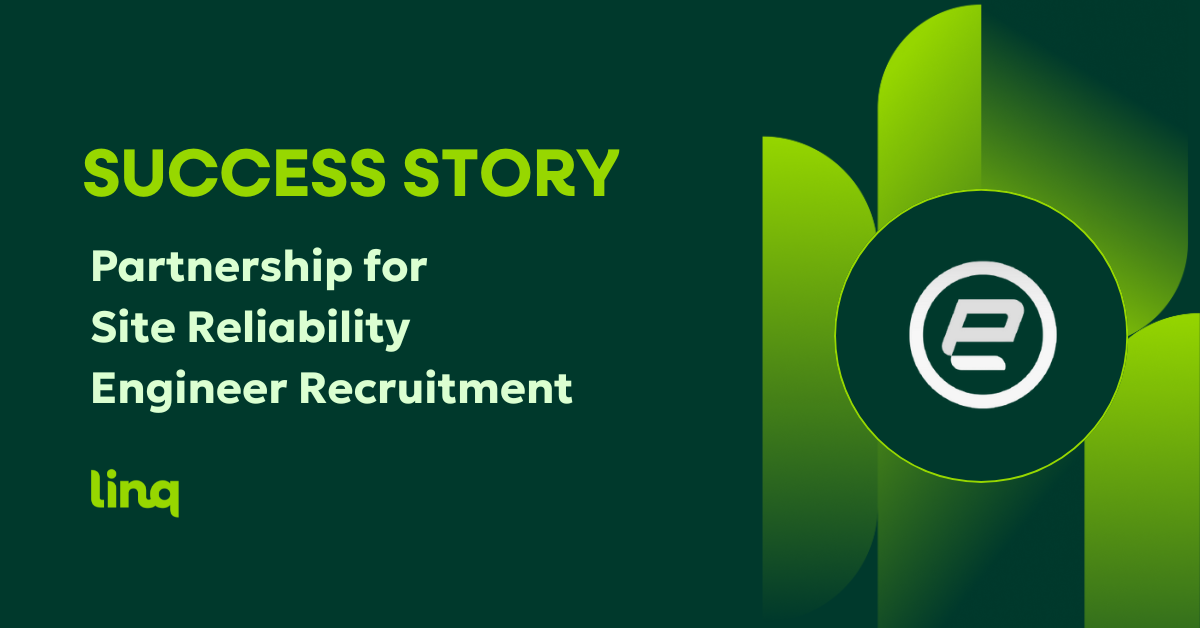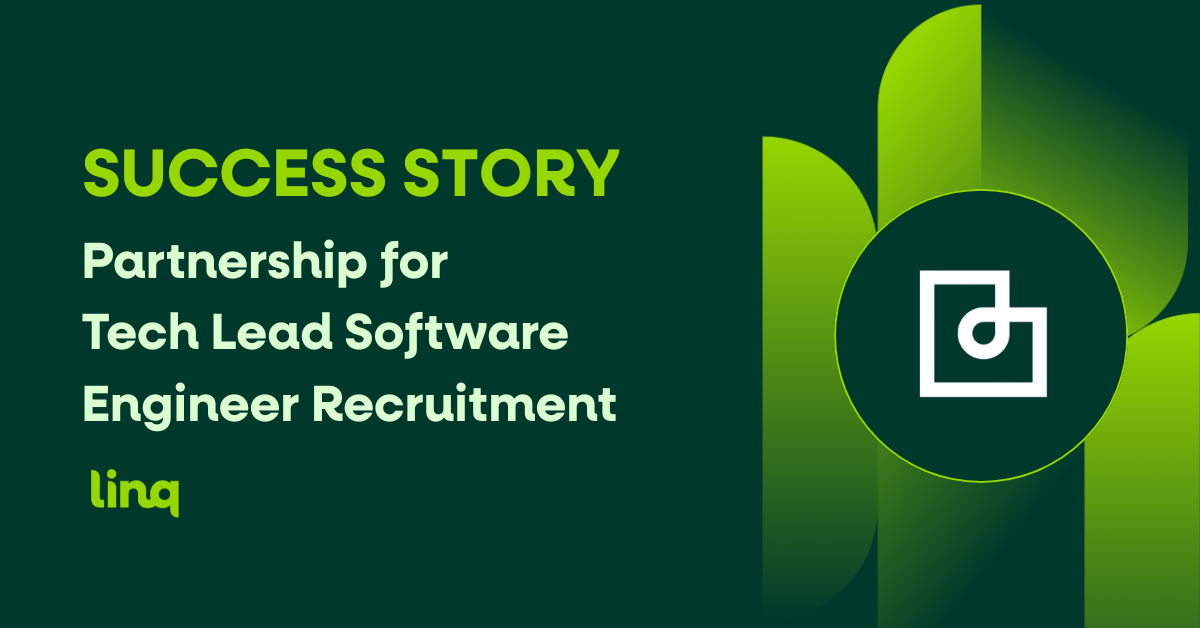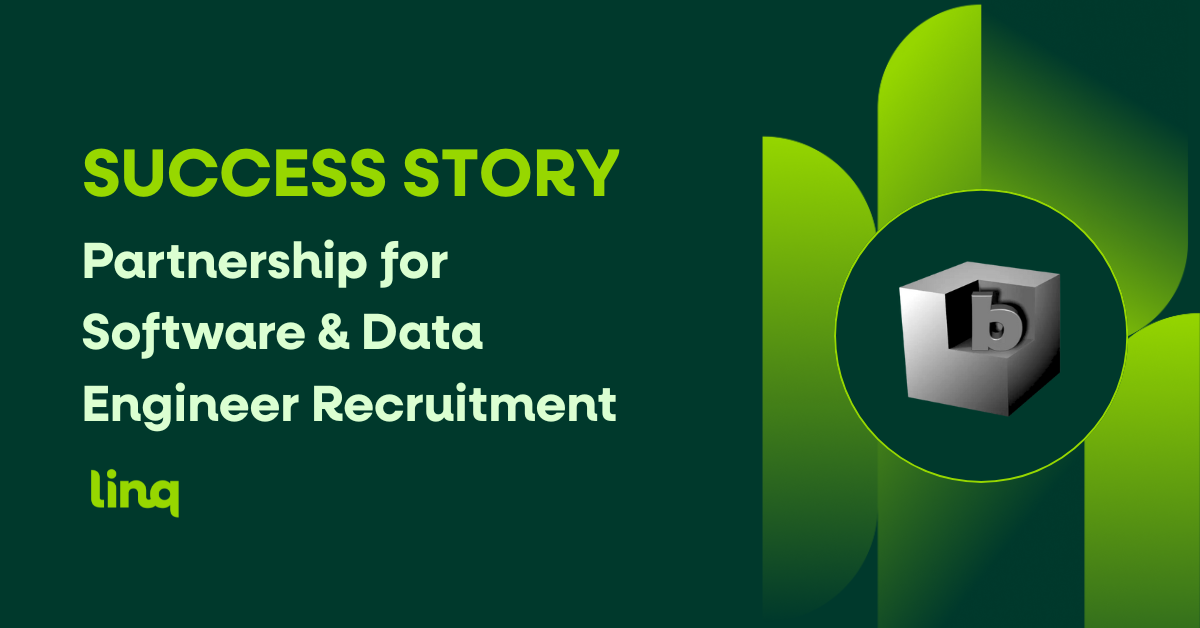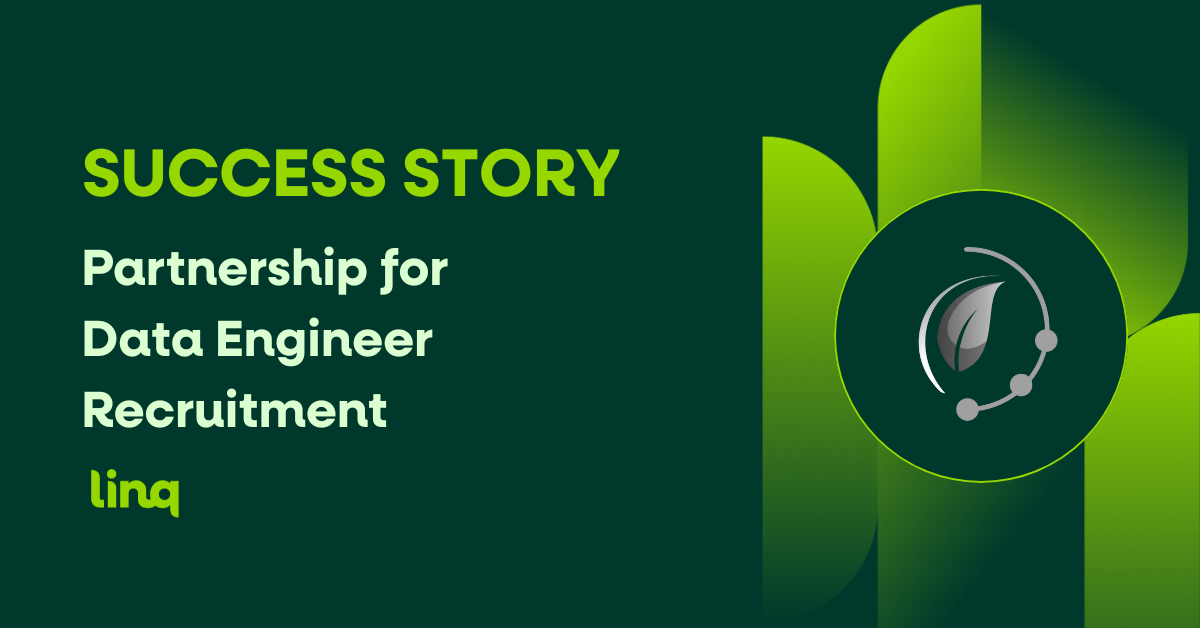The most frequently asked interview questions: How to answer

Common interview questions
Tell us a few words about yourself
What are your strengths and weaknesses?
Why do you think you are a good fit for this role?
What are the reasons you want to leave your current job?
What are your salary expectations?
Where do you see yourself in 5 years?
For what reasons is our company a better choice than your previous (or current) work environment?
I am satisfied. Do you have any questions for me?
We emphasize again that a job interview is a dialogue and certainly not a monologue where you just talk about your professional life. After all, remember that during this process, you are not only being evaluated, but also whether the position or the company is suitable for you…
So, ask follow-up questions, such as:
- Could you share more details about my daily tasks?
- If I am ultimately hired, what would you expect from me in the first two months?
- In your opinion, what is the most important factor for success in this position?
- Could you share more details about the culture and vision of the company?
- What are the company’s goals for the next year?
If you wish to discuss topics such as salary, leave, holidays, and days off, you should do so discreetly. If you are in the first stage of the interview, remember that they will likely mention what you need to know!
Would you like more questions?
There are many questions… And since we have already discussed the most common interview questions and answers, take a look at these as well— which you can certainly approach in a similar way:
- Mention a challenge you faced in your workplace and how you dealt with it.
- What would you do if this happened in the team?
- What is the estimated notice period?
- Tell us something you haven’t included in your resume.
- How can your strengths contribute to your success?
- How do you handle failure?
- How do you handle success?
- Do you consider yourself successful? If so, why?
- How do you perform under pressure?
- Are you willing to fail?
- What are the points that define your ethics?
- How do you collaborate with your team members?
- What makes you different from your competitors?
- How do you evaluate yourself? Who do you think you could be compared to?
- How does this position align with your personal ambitions?
- How adaptable are you?
- How would you describe your work pace?
- Is there anything else we should know about you?
- What motivates you?
- What decisions do you find difficult?
- What would be your ideal job?
- If you could change something from the last 10 years of your life, what would it be?
Happy interviewing!

 Share it
Share it 